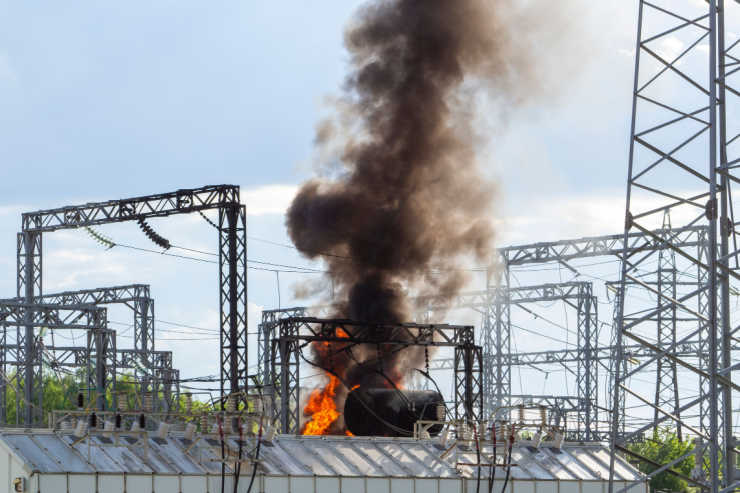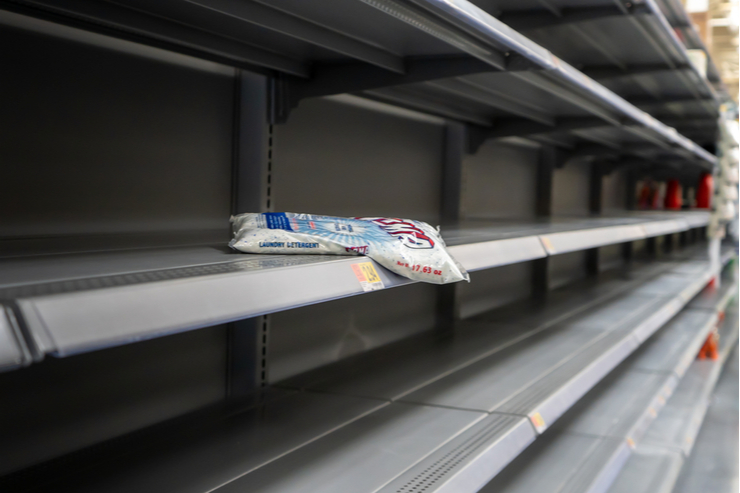
You have been reading recently about the acts of terrorism aimed at America’s power grid. The number of attacks on critical infrastructure facilities in the United States is rising. In North Carolina and the Pacific Northwest, Americans have suffered blackouts at the hands of people attacking grid substations. Now, an analysis from the power industry says Americans should brace for more such occurrences. Katherine Blunt reports on the study in The Wall Street Journal:
Physical attacks on the U.S. power grid rose 71% last year compared with 2021 and will likely increase this year, according to a confidential industry analysis viewed by The Wall Street Journal.
A division of the grid oversight body known as the North American Electric Reliability Corporation found that ballistic damage, intrusion and vandalism largely drove the increase. The analysis also determined that physical security incidents involving power outages have increased 20% since 2020, attributed to people frustrated by the onset of the pandemic, social tensions and economic challenges.
The NERC division, known as the Electricity Information Sharing and Analysis Center, or E-ISAC, recorded the sharp increase in incidents in 2022, driven in part by a series of clustered attacks on infrastructure in the Southeast, Midwest and Pacific Northwest. One of the most significant incidents occurred in early December when attackers targeted several substations in North Carolina with gunfire, leaving roughly 45,000 people in the dark.
The E-ISAC study of grid attacks, which other U.S. government agencies have said are on the rise, is more robust than publicly available data sets. The division’s data includes some nonpublic reports that utilities and grid authorities file with federal agencies or NERC, as well as voluntary disclosures made confidentially. The division tracked a significant increase in mandatory reports last year.
The division wrote that it is reasonably likely that the uptick in such attacks will continue this year based on the number and nature of recent attacks, some of which appear to have been carried out by members of extremist groups aiming to destabilize the grid.
Action Line: It’s “reasonably likely that the uptick in such attacks will continue?” Are other infrastructure disasters around the country, like train derailments, also acts of terrorism? Does that mean there is little that can be done or little that is being done to combat infrastructure terrorism? If infrastructure operators and the FBI are already admitting defeat, you know you need to prepare yourself and your family. Get prepared, and click here to download my free monthly Survive & Thrive letter.



